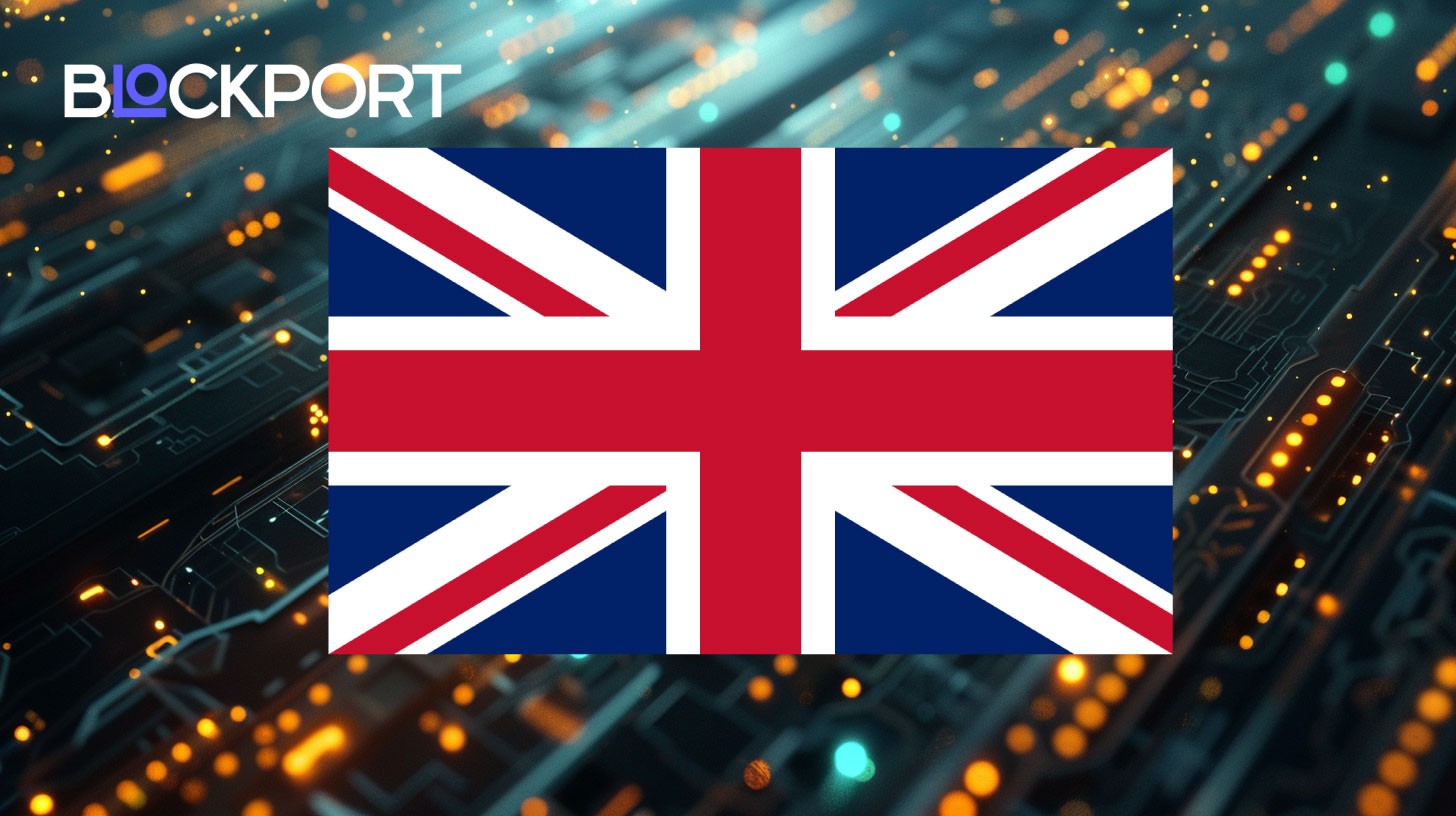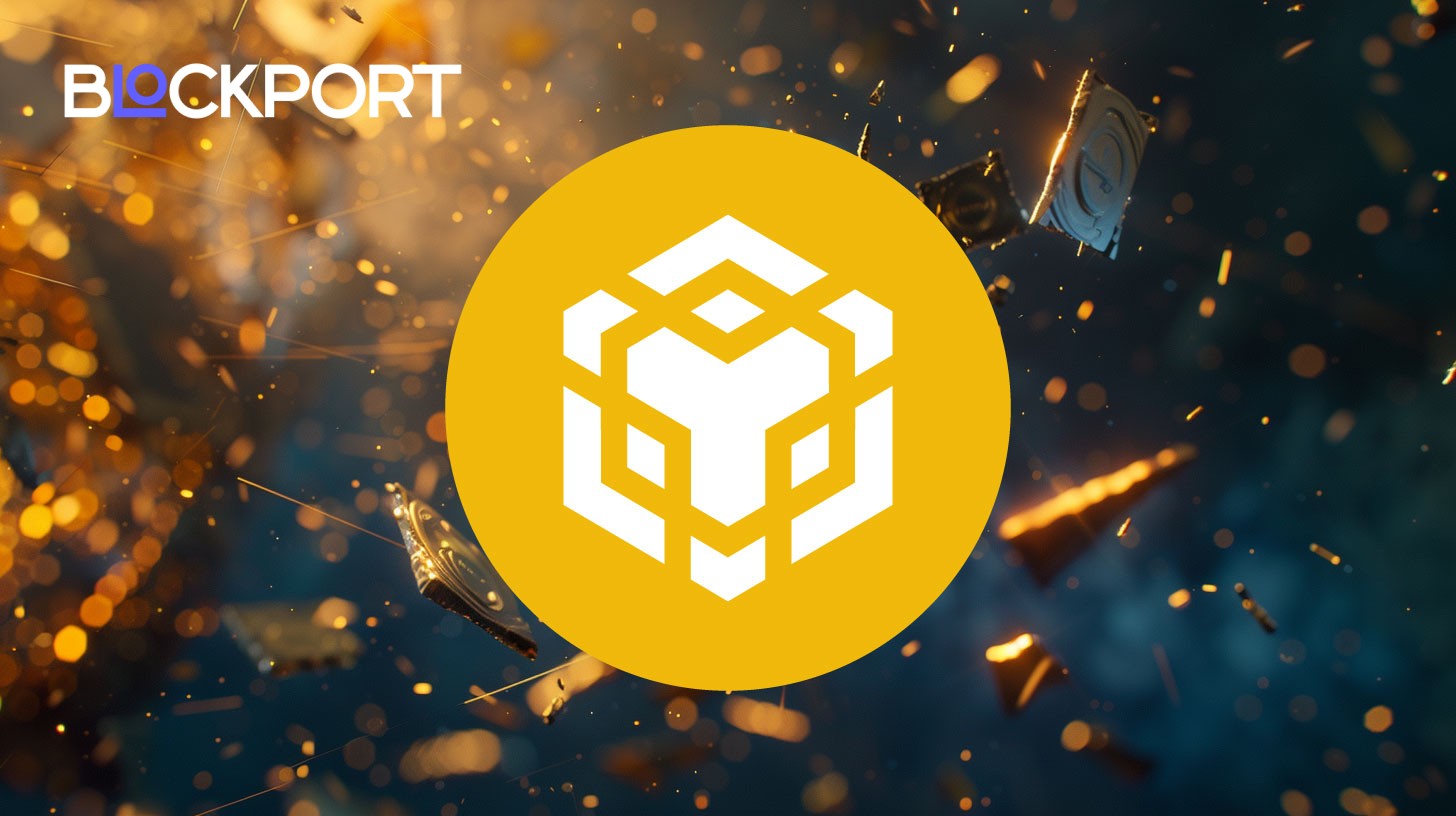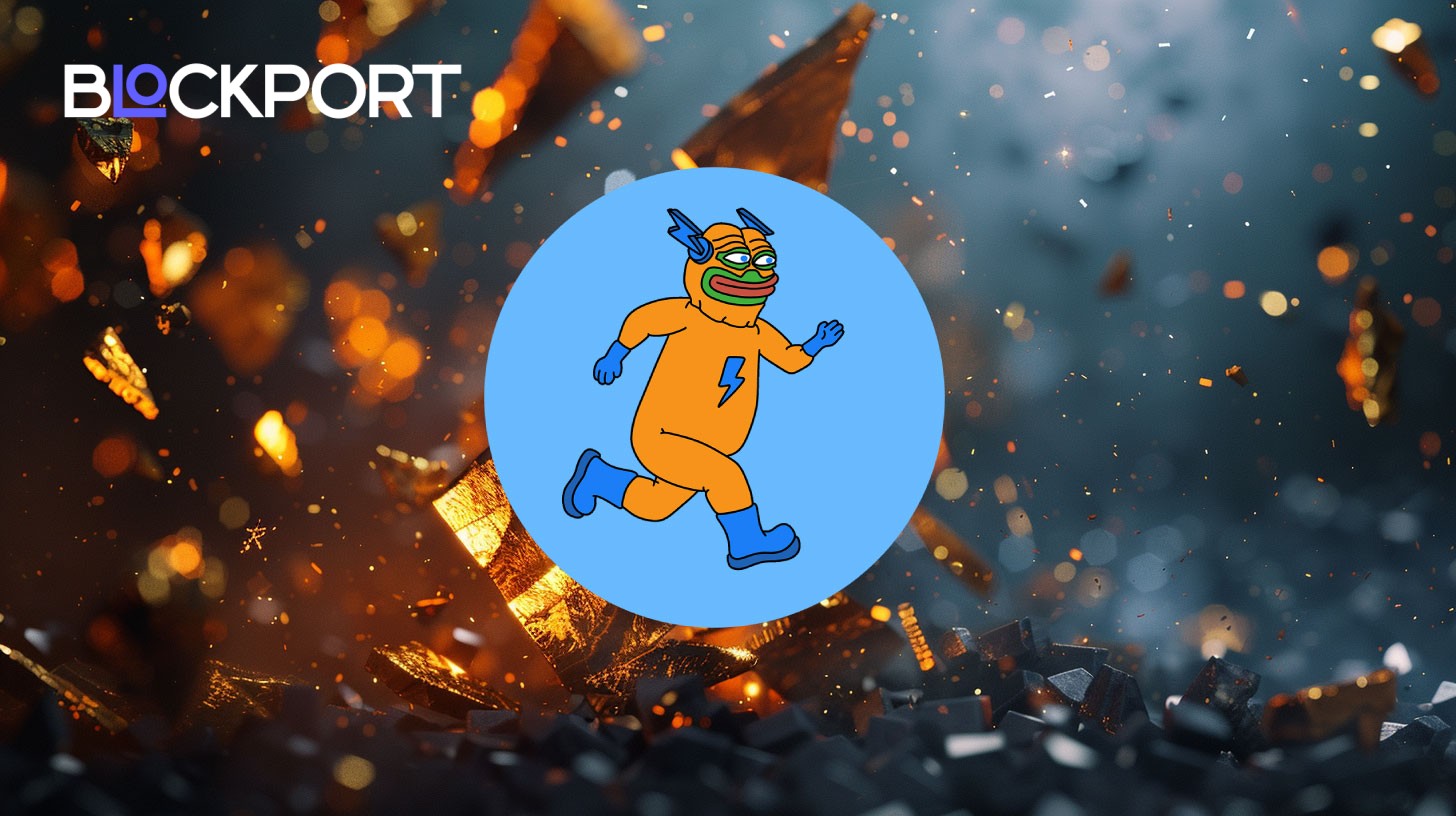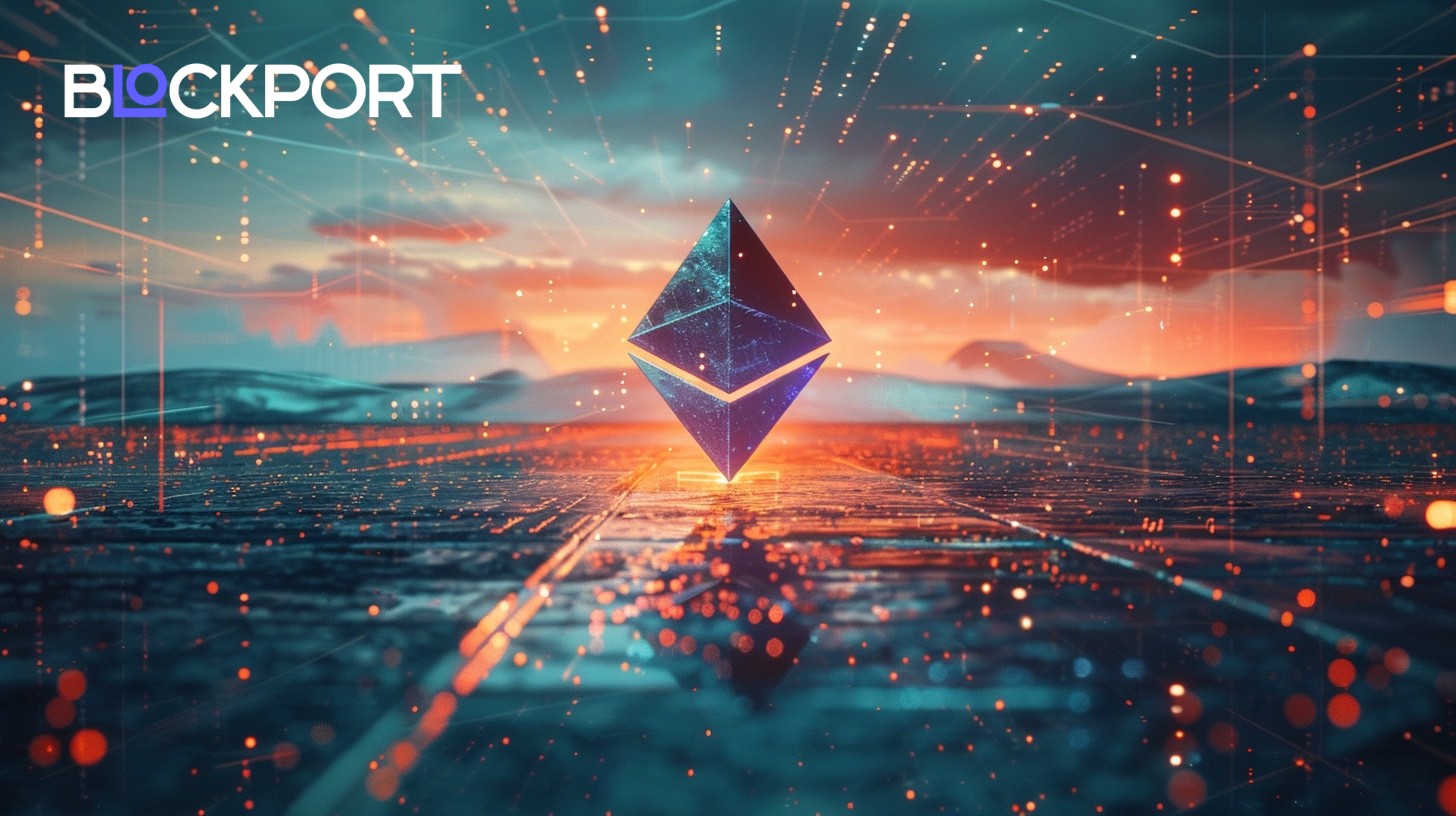Blockchain and gaming: why they are a perfect match

Blockchain and gaming are coming together to change how digital worlds work. From true asset ownership to Play-to-Earn models, this fusion creates new opportunities for players and developers alike. As blockchain matures, gaming could become the space where innovation and entertainment meet.
Blockchain is no longer limited to the financial sector. Today, it is actively entering the gaming industry, changing how players interact with digital assets and how developers build new economies. The combination of gaming and blockchain opens opportunities for true ownership, transparent transactions, and innovative business models that were not possible before. This synergy explains why blockchain and gaming are increasingly seen as a natural match.
What is blockchain gaming
Blockchain in gaming describes a new class of video games that integrate blockchain technology into their core systems. Instead of relying on centralized servers owned by publishers, these games use distributed ledgers to record transactions and store digital assets securely. This means that progress, items, or currencies earned in-game do not vanish if a server shuts down or a publisher discontinues a title.
A key feature is true digital ownership. In traditional games, skins, weapons, or virtual land always remain under developer control. With blockchain in gaming, these items to be minted as non-fungible tokens (NFTs). Players can keep them in a digital wallet, trade them on marketplaces, or even use them across compatible platforms.
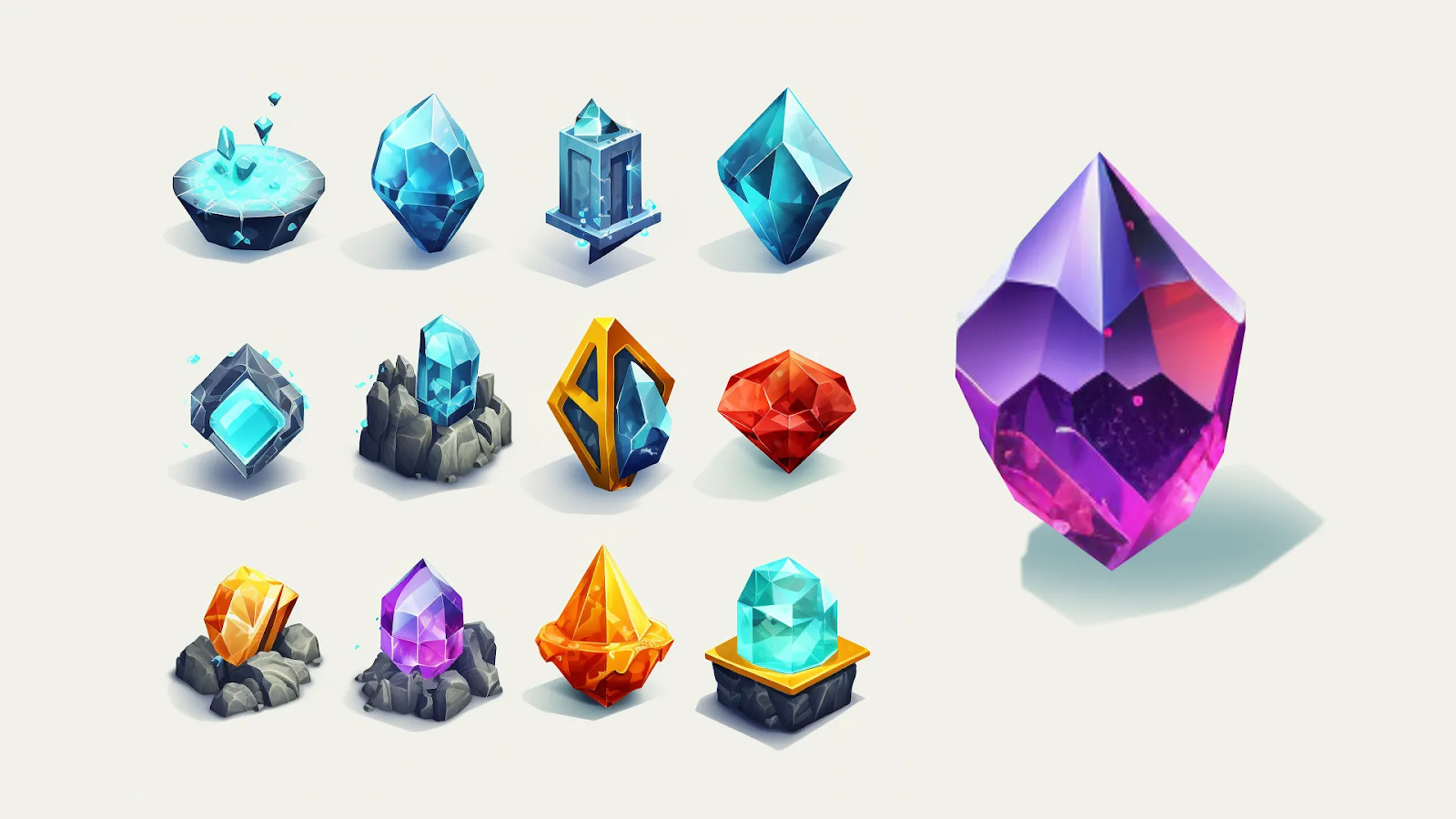
This shift transforms players from simple consumers into stakeholders. By holding assets that have both entertainment and monetary value, they participate in an open economy rather than a closed ecosystem. As a result, blockchain gaming is not only about fun but also about building lasting value and new forms of interaction.
Understanding the influence of GameFi and tokenomics
To understand what is blockchain gaming, it is essential to look at the concepts of GameFi and tokenomics. GameFi, short for “game finance,” combines entertainment with decentralized finance principles. Instead of players only spending money on a title, they can earn value directly from their participation. Rewards may include tokens, non-fungible assets, or staking rights that extend beyond the game itself.
Tokenomics defines the economic structure behind these ecosystems. It regulates how tokens are created, distributed, and used in practice. A well-designed token model ensures that players remain motivated, developers sustain their projects, and in-game economies stay balanced. Without it, reward systems may collapse under inflation or lose credibility among users.
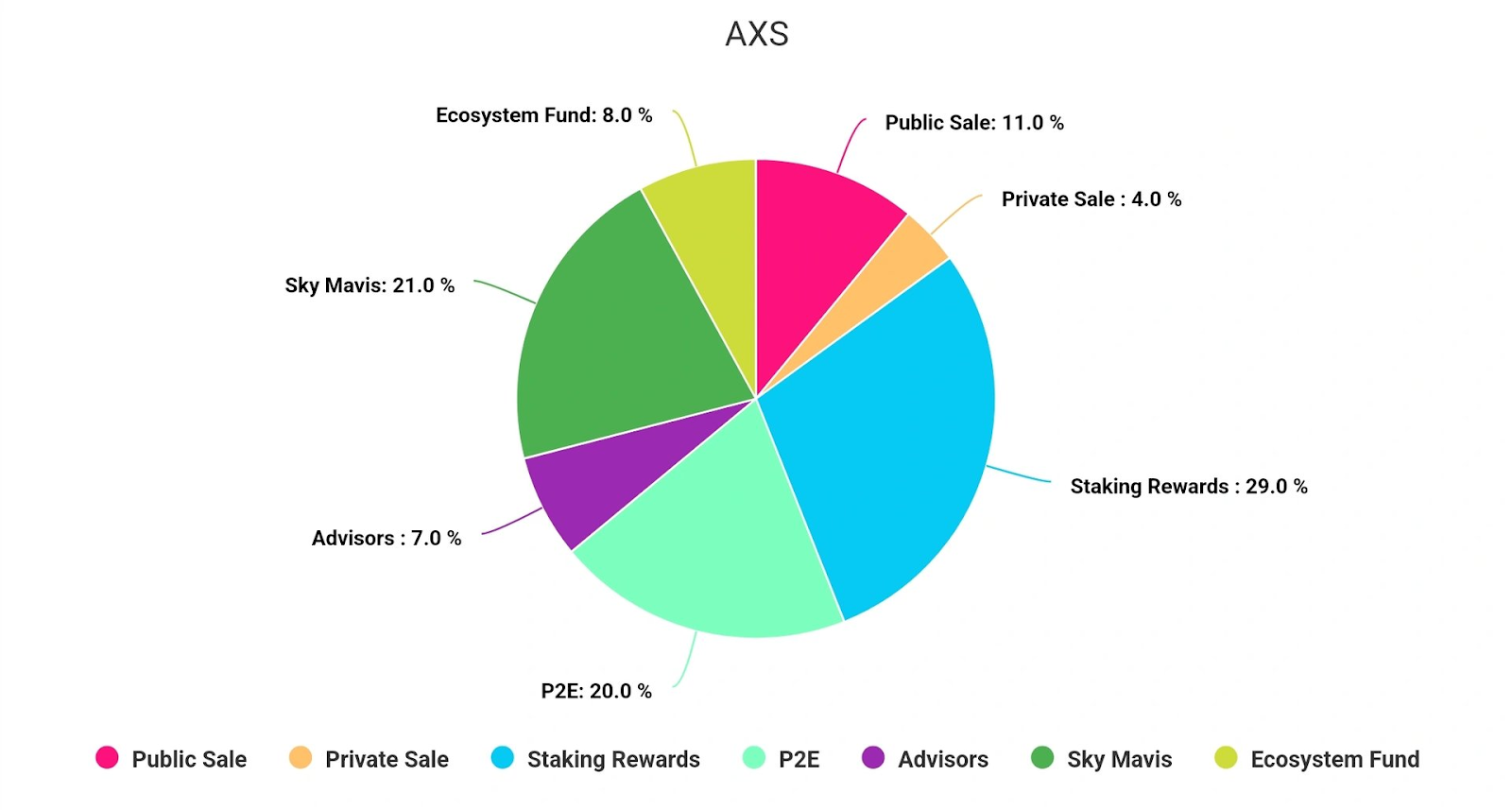
This combination has already given rise to the play-to-earn model, where players turn time and skill into financial opportunities. For some communities, particularly in regions with limited employment options, these mechanics represent a new source of income. At the same time, developers benefit from building more transparent, community-driven economies where decision-making is often shared with the player base through governance tokens.
The effects of blockchain technology on the gaming industry
To see what is a blockchain game, it helps to examine the broader effects of blockchain on the gaming industry. The technology changes how value is created, transferred, and secured, making games more transparent and resilient compared to traditional models.
One of the most significant effects is the shift in ownership. Players no longer rely on centralized servers to store items or currencies. Instead, assets exist independently on the blockchain and remain accessible regardless of the game’s fate. This creates lasting value and greater trust in digital interactions.
Key changes include:
- True digital ownership of items such as NFTs, which stay with players beyond a single game.
- Transparent and verifiable transactions that reduce fraud and enhance trust.
- New business models for developers, including royalties from secondary sales of in-game assets.
Blockchain also creates new opportunities for developers. By building economies around tokenized assets, studios can experiment with monetization models and establish closer relationships with their communities. Transparency of supply, scarcity, and transactions fosters credibility that traditional systems often lack.
Benefits and obstacles in blockchain-based gaming
Blockchain gaming provides a unique set of advantages that traditional video games cannot offer. Players gain authentic ownership of digital assets such as skins, weapons, or virtual land. These items are not tied to a single platform and can be traded or sold in open marketplaces, often holding real financial value. Secure and transparent transactions add another layer of trust, ensuring that exchanges are verifiable and resistant to fraud. This ownership model fundamentally changes the relationship between players and developers, giving users a stronger role in the ecosystem.
Another key benefit is the opportunity to earn while playing. The play-to-earn model has made gaming more than just a hobby by creating potential income streams for dedicated players. In regions where job opportunities are limited, blockchain gaming can serve as an alternative way to generate revenue. Developers also benefit by introducing token-based economies and royalties on secondary sales, allowing them to maintain long-term engagement and monetize creativity in ways not possible with traditional models.
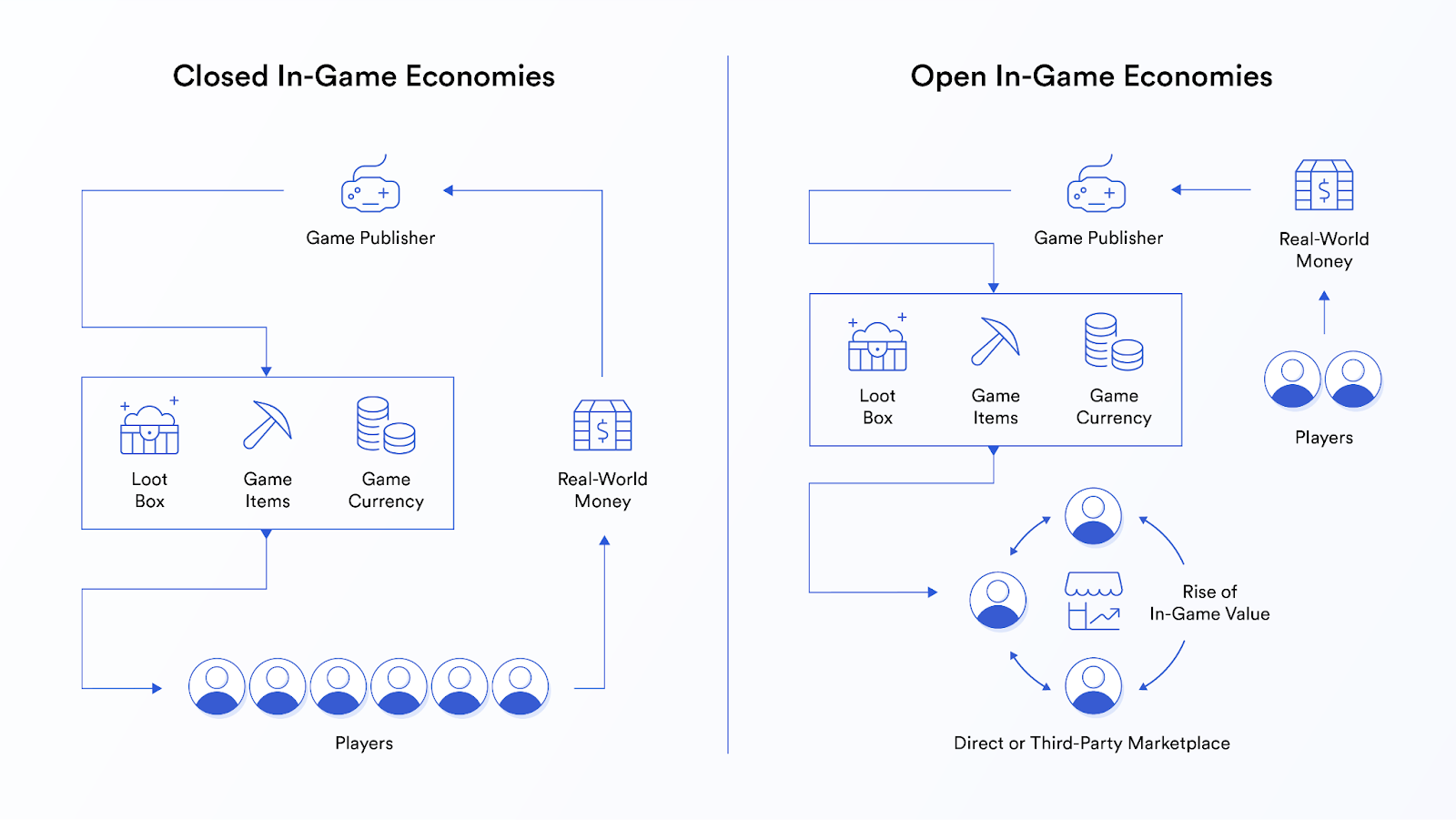
Despite these opportunities, blockchain gaming still faces significant challenges. New players often struggle with technical barriers like creating crypto wallets, managing private keys, or understanding tokenomics. High entry costs, scalability limitations, and regulatory uncertainty create additional obstacles. Beyond technical and legal issues, cultural resistance within the gaming community remains strong. Many players fear that the emphasis on profit might undermine creativity, narrative depth, and the sense of fun that games are built on.
What lies ahead for the future of blockchain gaming
The future of blockchain for gaming points toward deeper integration between virtual worlds, economies, and communities. Developers are experimenting with interoperability, where items earned in one game could be transferred into another. This vision of a connected gaming ecosystem is still in its early stages, but patents and pilot projects from major studios suggest growing interest.
At the same time, investment continues to flow into blockchain gaming, with venture firms and established publishers funding new projects. As infrastructure improves and regulations become clearer, adoption is likely to expand beyond early crypto enthusiasts. While challenges remain, the long-term outlook indicates that blockchain for gaming will evolve into a mainstream force, shaping how digital assets, creativity, and play intersect in the years ahead.
Where blockchain and gaming go next
Blockchain is steadily transforming gaming by giving players real ownership of digital assets, enabling transparent transactions, and introducing new ways to earn through play. These changes redefine what games can be: not only a form of entertainment but also an ecosystem where time and creativity hold tangible value.
At the same time, the path toward mainstream adoption remains complex. Technical barriers, regulatory scrutiny, and cultural resistance must be addressed before blockchain gaming reaches its full potential. Yet the opportunities are too significant to ignore, and the momentum suggests that this fusion of blockchain and gaming will continue to grow in influence.
Content on BlockPort is provided for informational purposes only and does not constitute financial guidance.
We strive to ensure the accuracy and relevance of the information we share, but we do not guarantee that all content is complete, error-free, or up to date. BlockPort disclaims any liability for losses, mistakes, or actions taken based on the material found on this site.
Always conduct your own research before making financial decisions and consider consulting with a licensed advisor.
For further details, please review our Terms of Use, Privacy Policy, and Disclaimer.


